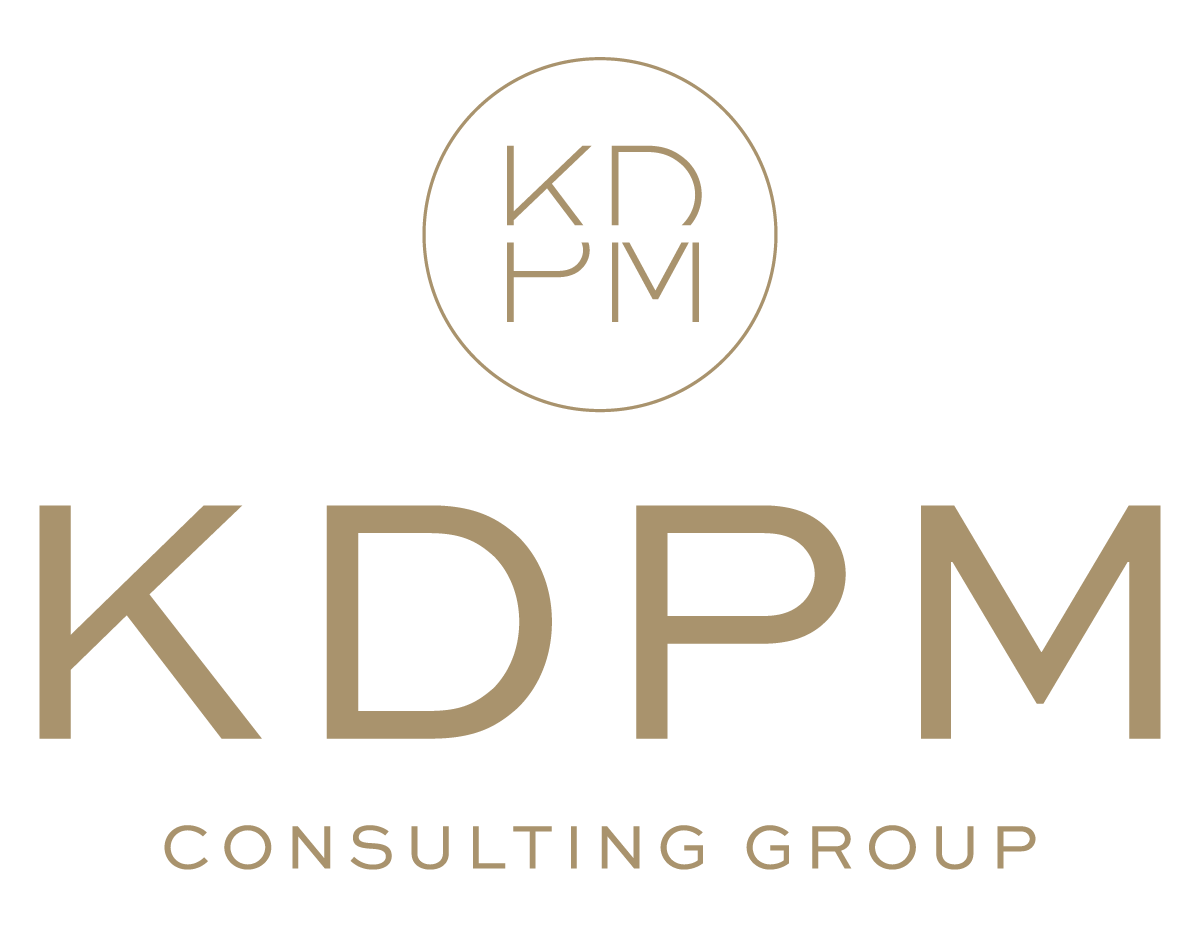The REST Framework: An Integrated Approach to LEADERSHIP & Ancestral Renewal
In boardrooms across the globe, leaders are collapsing under the weight of perpetual productivity. We've normalized exhaustion as excellence, mistaking constant motion for meaningful progress. But the solutions for leadership burnout isn't found in the latest productivity hack, but in reclaiming ancestral wisdom that has sustained communities for millennia.
The REST Framework offers leaders an integrated approach to renewal that challenges Western paradigms of leadership while honouring cultural knowledge systems that recognize rest as essential, not optional.
Drawing from these ancestral traditions and lived expertise, the REST framework offers a holistic approach to reclaiming our full being through practices that honour our cultural wisdom:
R: Receiving Compliments, Help, and Support
Receiving isn't passive—it's an active practice that requires trust and vulnerability. When we receive compliments without deflection, accept help without apology, and welcome support without feeling indebted, we engage in profound rest that challenges capitalist notions of constant production and self-sufficiency. This form of rest acknowledges our interdependence and creates space for mutual flourishing.
When leaders receive feedback without defensiveness, accept support without diminishing their authority, and welcome diverse perspectives without feeling threatened, they model a form of leadership that multiplies collective intelligence rather than hoarding individual power.
Our creative expressions themselves can be forms of receiving.When we create from a place of receptivity—allowing inspiration to flow through us rather than forcing it—we experience both creative renewal and spiritual rest.
E: Examine Cultural Narratives and Knowledge Systems
Euro-centric systems extract and create narratives that have us searching externally for belonging and purpose, perpetuating cycles of scarcity and inadequacy. By examining which cultural knowledge systems we're anchoring our narratives in, we can intentionally shift toward frameworks that recognize our inherent worthiness and connection.
Cultural frameworks like the African medicine wheel offer holistic approaches to well-being that honour cyclical patterns of activity and rest. These systems recognize that rest isn't the absence of productivity but an essential phase in the creative cycle, just as winter isn't the absence of growth but the necessary season of renewal.
By examining which cultural knowledge systems inform your leadership approach, you can intentionally shift toward frameworks that honor cyclical patterns of growth and rest. Indigenous leadership models, for instance, emphasize leaders as servants of the community's long-term wellbeing, not extractors of immediate value.
This cultural examination allows leaders to move beyond the scarcity mindset that drives burnout culture and instead operate from abundance—recognizing that sustainable success requires seasons of activity balanced with seasons of renewal.
S: Somatic LEADERSHIP is Cultural WISDOM
These practices aren't "soft skills"—they're sophisticated technologies for sustainable leadership.
Your body holds leadership intelligence that no MBA program teaches. The tension in your shoulders during difficult conversations, the gut instinct that warns you about a decision, the energetic shift when you enter a room—these are sophisticated cultural technologies for navigating complex human dynamics.
So many practices we've been taught to dismiss as unimportant are actually profound cultural technologies for rest and renewal. What are you already doing that's not viewed as important due to lack of cultural knowledge? Many of us don't have institutions where we can learn about our history and embodied practices.
My own mother pulled herbs from behind our house and made teas that cured numerous ailments. Today, I can barely name these herbs and feel shame at having to reclaim such valuable wisdom at a later age. It's crucial to honor the emotions that emerge during this reclamation—tears, dancing, wondering, long walks, making bay leaf tea or cocoa tea. These somatic practices allow us to embody our ancestral knowledge, creating ceremony as we integrate. Noticing the emotion itself is part of rest
Many leaders have been conditioned to dismiss these somatic signals as "unprofessional," but they're actually profound sources of information. When you honor these embodied ways of knowing, you access a fuller spectrum of intelligence that enhances decision-making and builds authentic connection with your teams.
This might look like taking walking meetings to think more clearly, honouring the emotions that arise during organizational change, or creating rituals that help your team process transitions together. These practices aren't "soft skills"—they're sophisticated technologies for sustainable leadership.
T: Taking Integration Time as Strategic Advantage
As philosopher Bayo Akomolafe notes, "Maybe how we respond to the crisis is the crisis." Our rush to solve, fix, and produce keeps us from the essential work of integration. True rest requires creating spaciousness for new insights to take root, for contradictions to resolve themselves, and for wisdom to emerge organically.
In our rush-to-solution culture, leaders often implement changes without allowing time for integration. This creates organizational whiplash where teams are constantly adapting to new initiatives without fully embodying the previous ones.
Integration time isn't wasted time—it's when our most profound transformations occur. By deliberately creating pauses between experiences, we allow our bodies, minds, and spirits to metabolize new knowledge and generate authentic responses rather than reactive ones.
Leaders who master integration time report clearer strategic thinking, more innovative problem-solving, and teams that feel less fragmented by constant change. They understand that sustainable transformation requires spaciousness for new ways of being to take root.
The Leadership Revolution Starts with Rest
The REST Framework isn't about working less—it's about working from a place of wholeness that honors both individual wellbeing and collective thriving. Leaders who embrace these practices don't just avoid burnout; they create organizational cultures where everyone can access their full brilliance.
As we face increasingly complex global challenges, we need leaders who can draw from the full spectrum of human wisdom—not just the narrow band that capitalism has deemed "professional." The future belongs to leaders who understand that true strength comes from integration, not isolation, and that sustainable success requires honoring the cyclical nature of growth and renewal.

